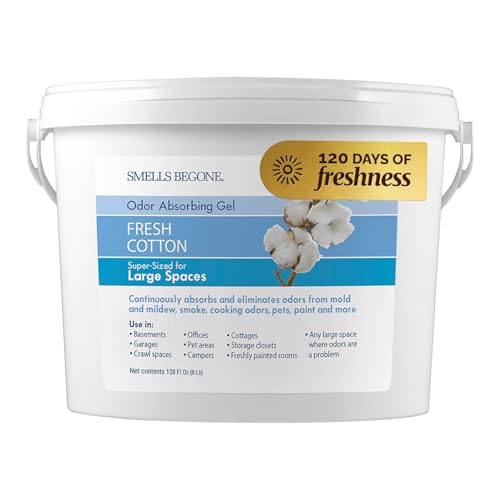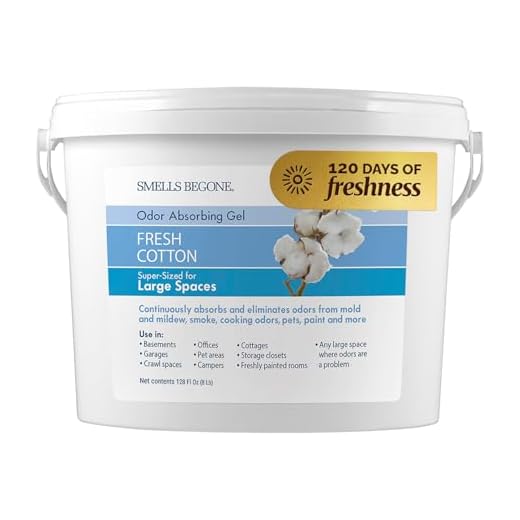



To tackle the lingering odors from territorial marking, an immediate approach involves using a mixture of white vinegar and water. Combine equal parts of water and vinegar in a spray bottle, and generously apply it to the affected area. This natural solution effectively neutralizes the pungent scent while also aiding in the cleaning process.
After applying the vinegar solution, it’s crucial to let it sit for at least 10 minutes. This allows the acidity of the vinegar to break down the odor-causing compounds. Following this, rinse the area thoroughly with clean water to ensure no residue remains. For stubborn spots, a gentle scrubbing with a brush may be necessary to lift any remaining particles.
Another effective method involves using enzymatic cleaners specifically designed for pet odors. These products contain natural enzymes that break down the proteins in the marking, eliminating the source of the unpleasant scent. Be sure to follow the manufacturer’s instructions for the best results.
In addition to cleaning, consider using baking soda as an odor absorber. After cleaning the area, sprinkle a generous amount of baking soda and let it sit overnight. Vacuum it up the next day to help eliminate any residual odors, leaving the space fresh.
Eliminating Unpleasant Odors from the Outdoors
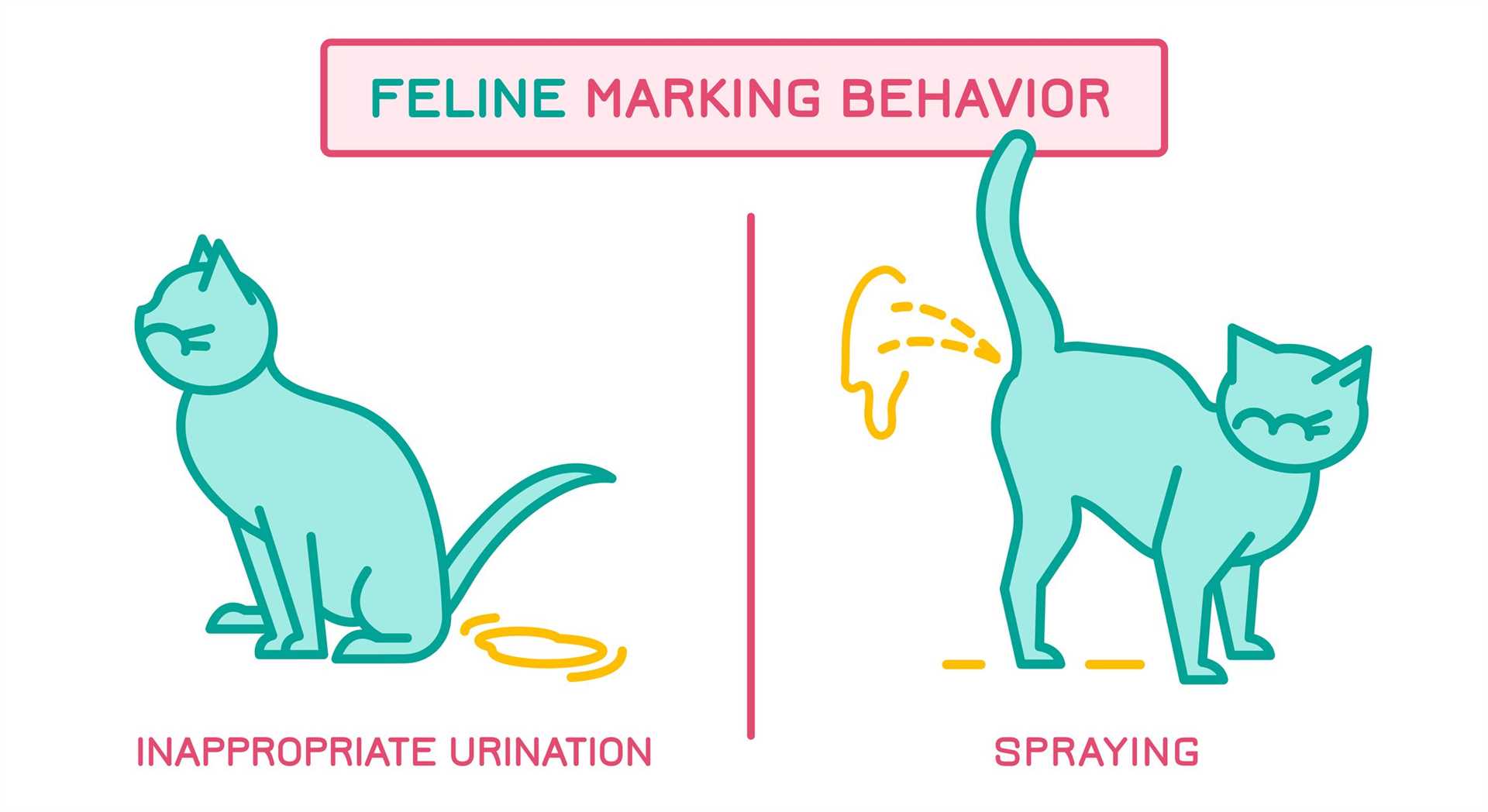
Utilize a mixture of white vinegar and water in a 1:1 ratio. Spray generously on the affected areas, allowing it to sit for at least 30 minutes before rinsing with water. This method neutralizes strong odors effectively.
Utilizing Enzymatic Cleaners
Opt for enzymatic cleaners specifically designed for outdoor use. These products break down organic compounds, completely eradicating the source of the odor. Follow the manufacturer’s instructions for optimal results, and ensure the area is well-ventilated during application.
Applying Baking Soda
Sprinkle baking soda liberally over the area. Let it sit overnight to absorb odors. The next day, sweep or wash it away. This natural solution is safe and effective, leaving the space fresh.
For additional freshness, consider placing outdoor-safe odor absorbers like activated charcoal in the vicinity. These will continuously work to keep the area pleasant.
Identifying Areas Affected by Feline Marking
To tackle the unpleasant odors left behind, pinpointing the exact spots is crucial. Begin by inspecting locations where your human has noticed strong scents. Pay attention to vertical surfaces like fences, trees, and walls, as these are common targets for territorial marking.
Utilizing Your Nose
My keen sense of smell helps me identify problem areas. When I detect a lingering odor, I often approach the spot closely. If you’re not as sensitive, consider using a blacklight; this can reveal dried urine that’s invisible to the naked eye.
Visual Clues
Look for yellow stains, especially on concrete or wood surfaces. These discolorations indicate where I may have left my mark. Additionally, if you see other signs of my presence, like fur or droppings, it’s likely that I’ve claimed that territory.
Once you’ve identified the affected areas, cleaning them promptly will prevent further issues and make the environment more pleasant for everyone.
Choosing the Right Cleaning Solutions
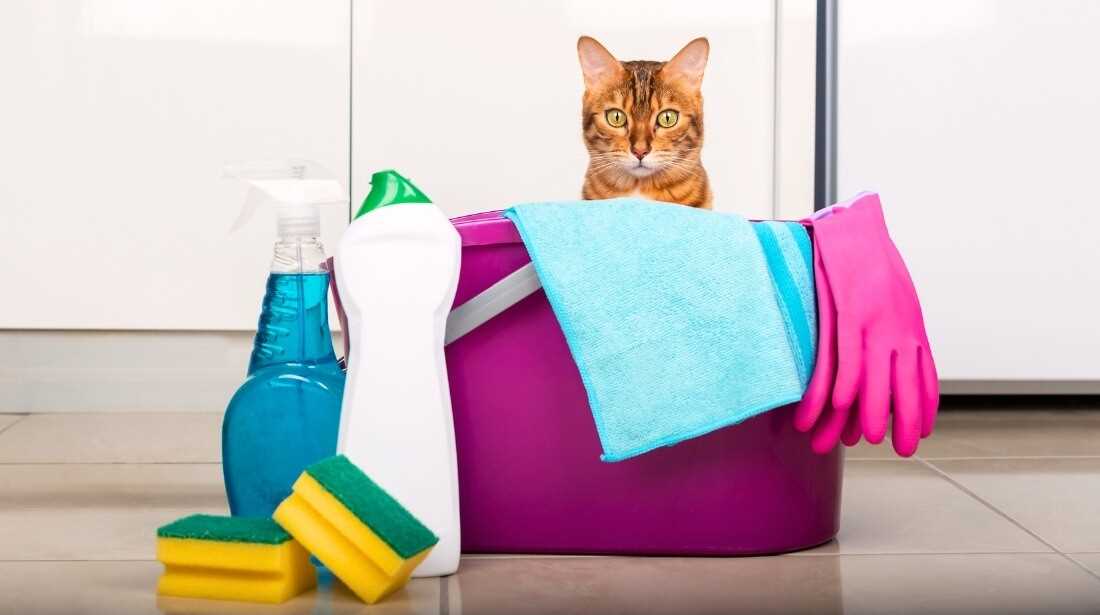
Opt for enzymatic cleaners specifically formulated to tackle odors from pets. These products break down the organic compounds causing unpleasant scents, effectively neutralizing them. Look for options that are safe for outdoor use and biodegradable.
For natural alternatives, vinegar and baking soda work wonders. Mix equal parts water and vinegar in a spray bottle, apply it generously to the affected area, and let it sit for a few minutes before rinsing. Baking soda can also be sprinkled over the spot, left for several hours, and then vacuumed up to absorb lingering odors.
Commercial products are available that target specific odors. Search for those labeled as odor eliminators or pet odor removers, ensuring they do not contain harsh chemicals that could harm your surroundings.
Test any solution on a small, inconspicuous area first to avoid damage. Always follow the manufacturer’s instructions for the best results.
Remember to ventilate the area during the cleaning process to help disperse any residual odors. Regular cleaning helps maintain freshness and keeps the environment pleasant.
Step-by-Step Cleaning Process for Outdoor Surfaces
To effectively eliminate odors from outdoor areas, follow these specific steps:
-
Gather Supplies:
- Protective gloves
- Bucket
- Water
- White vinegar
- Baking soda
- Enzymatic cleaner
- Stiff brush or broom
- Hose
-
Identify Affected Areas:
Look for discoloration or areas with a strong scent. These spots require extra attention.
-
Rinse the Surface:
Use a hose to rinse the area. This helps remove any loose debris and prepares the surface for cleaning agents.
-
Apply White Vinegar:
Mix equal parts of vinegar and water in a bucket. Pour the solution on the impacted areas and let it sit for 10-15 minutes.
-
Scrub the Surface:
Using a stiff brush, scrub the area thoroughly. This action helps lift any lingering residues.
-
Rinse Again:
After scrubbing, rinse the area with a hose to wash away the vinegar solution and any dirt.
-
Use Enzymatic Cleaner:
Apply an enzymatic cleaner according to the manufacturer’s instructions. This product breaks down organic compounds effectively.
-
Let it Dry:
Allow the area to dry completely. This ensures that the cleaning agents work effectively and helps prevent future odors.
-
Monitor and Repeat:
Check the area after a few days. If any odors persist, repeat the process as needed.
For capturing detailed images of your cleaning efforts or the affected areas, consider using the best budget digital camera for macro photography.
Natural Remedies to Neutralize Odors
Vinegar is a powerful ally for tackling unwanted scents. Mix equal parts of white vinegar and water in a spray bottle. Apply this solution directly to the affected areas, allowing it to sit for about 10 minutes before rinsing with water. The acidity of vinegar neutralizes odors effectively.
Baking soda acts as an excellent absorbent. Sprinkle it liberally over the treated spots and leave it for several hours, preferably overnight. Vacuum the area afterward to remove any residue. This method helps to lift lingering odors from surfaces.
Citrus peels can also be beneficial. Place lemon or orange peels near the affected zones. Their natural oils emit a fresh fragrance that masks unpleasant scents while providing a pleasant aroma.
Hydrogen peroxide can be utilized for tougher situations. Mix one part hydrogen peroxide with two parts water and apply it directly. Test a small area first to ensure it doesn’t affect the surface. This solution works well on concrete or stone.
Essential oils, such as lavender or tea tree, can serve dual purposes of scent and sanitation. Add a few drops to a spray bottle filled with water and mist the area. These oils not only combat odors but also offer antibacterial properties.
Activated charcoal is another option to consider. Place bowls of activated charcoal around the affected zones. It effectively absorbs odors over time, providing a natural way to improve the air quality.
Preventing Future Spraying Incidents
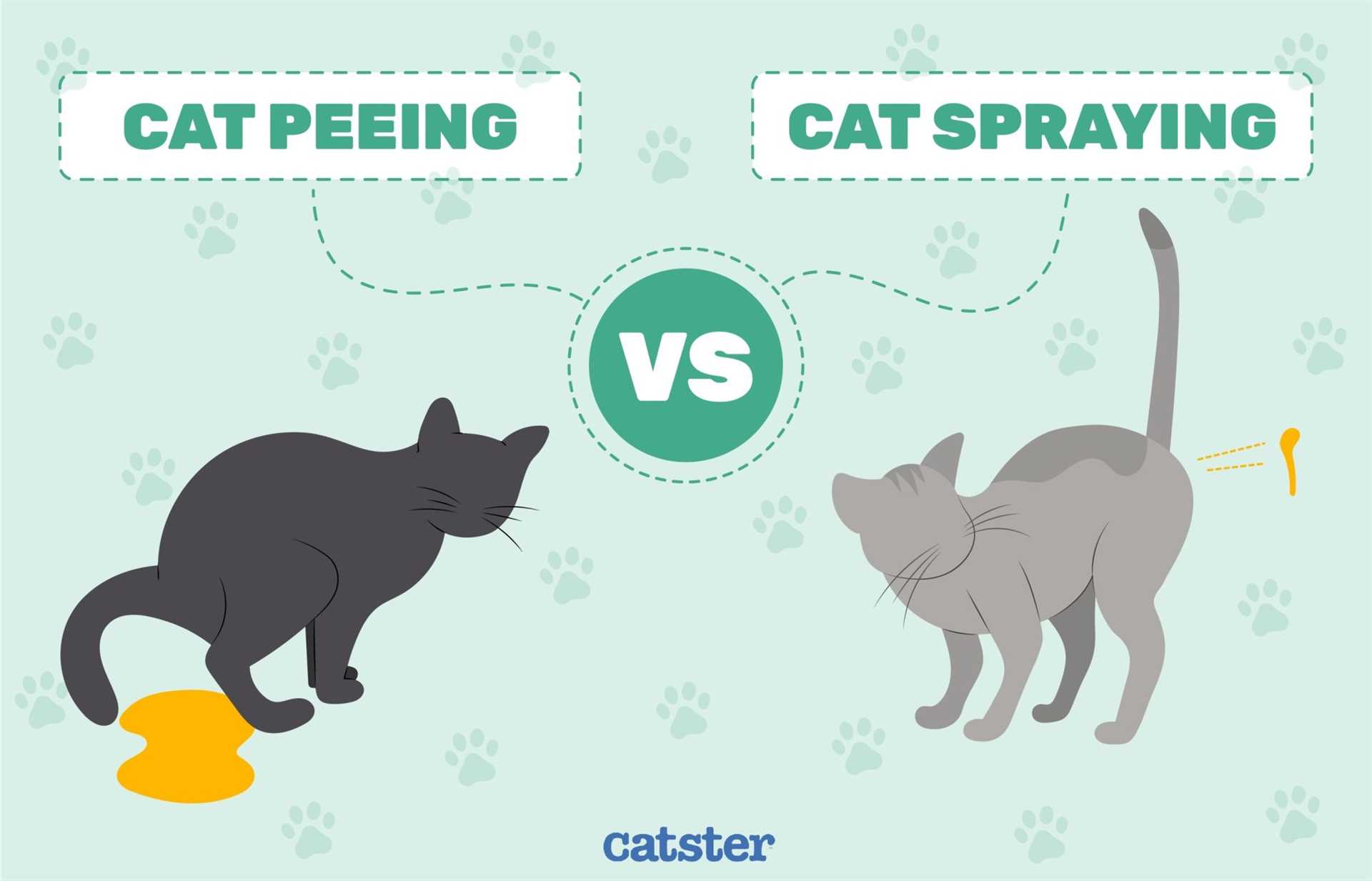
To minimize the risk of future marking behaviors, consider implementing the following strategies:
- Ensure the environment is stress-free. Cats are sensitive creatures. Reducing loud noises, sudden changes, and providing safe spaces can help.
- Provide adequate enrichment. Interactive toys, scratching posts, and climbing structures keep us engaged and less likely to mark territory.
- Spay or neuter. This significantly decreases the likelihood of territorial behaviors in many felines.
- Maintain a clean living area. Regularly cleaning litter boxes and providing enough boxes can deter unwanted behaviors.
- Monitor social dynamics. Introducing new pets gradually and ensuring harmony among residents can reduce anxiety-driven marking.
- Consult with a vet. If spraying occurs, professional advice may pinpoint underlying health issues or behavioral concerns.
In addition, using calming products can be beneficial. For instance, CBD for cats stress offers a natural way to promote relaxation and tranquility.
Implementing these measures can significantly help in curbing future incidents and creating a more harmonious environment for all.
When to Seek Professional Help
If the odor lingers despite attempts to eliminate it, consider bringing in experts. Persistent odors often indicate deeper issues that require specialized techniques.
When the affected area is large or hard to clean, professionals possess industrial-grade tools and solutions to tackle severe contamination. Their expertise can save time and ensure thorough treatment.
In cases where outdoor spaces are prone to recurring issues, consulting a specialist can provide insights into behavioral patterns and preventive measures.
| Signs You Need Professional Assistance | Recommended Actions |
|---|---|
| Persistent odor after cleaning | Contact a cleaning service familiar with pet-related odors |
| Large affected areas | Hire professionals with industrial equipment |
| Recurring incidents | Consult an animal behaviorist or trainer |
| Health concerns from exposure | Seek advice from a veterinary professional |
Taking swift action when these situations arise can prevent further complications and ensure a cleaner, safer environment for everyone.
FAQ:
What are some natural remedies to eliminate male cat spray smell outside?
There are several natural remedies that can help eliminate the odor of male cat spray outside. One effective method is using a mixture of vinegar and water. Combine equal parts of white vinegar and water in a spray bottle and apply it directly to the affected area. Vinegar neutralizes odors and can help break down the molecules causing the smell. Another option is baking soda; sprinkle it generously over the area, let it sit for a few hours, and then sweep or hose it off. Baking soda is known for its odor-absorbing properties. Additionally, you can use enzymatic cleaners, which are specifically designed to break down urine and spray odors. These products contain enzymes that digest the odor-causing substances, making them particularly effective for pet messes.
How can I prevent my male cat from spraying outside in the future?
Preventing male cats from spraying outside often requires a combination of behavioral strategies and environmental changes. First, consider neutering your cat if he is not already. Neutering can significantly reduce the urge to mark territory. Providing plenty of environmental enrichment, such as toys, scratching posts, and interactive playtime, can also help reduce stress and territorial behavior. Additionally, ensure that your cat has a safe and comfortable outdoor space if he goes outside. This can help him feel secure and less likely to mark his territory. If the problem persists, consulting with a veterinarian or a feline behaviorist can provide tailored strategies to address the issue. They can help identify any underlying stressors or behavioral problems that may be contributing to the spraying behavior.

